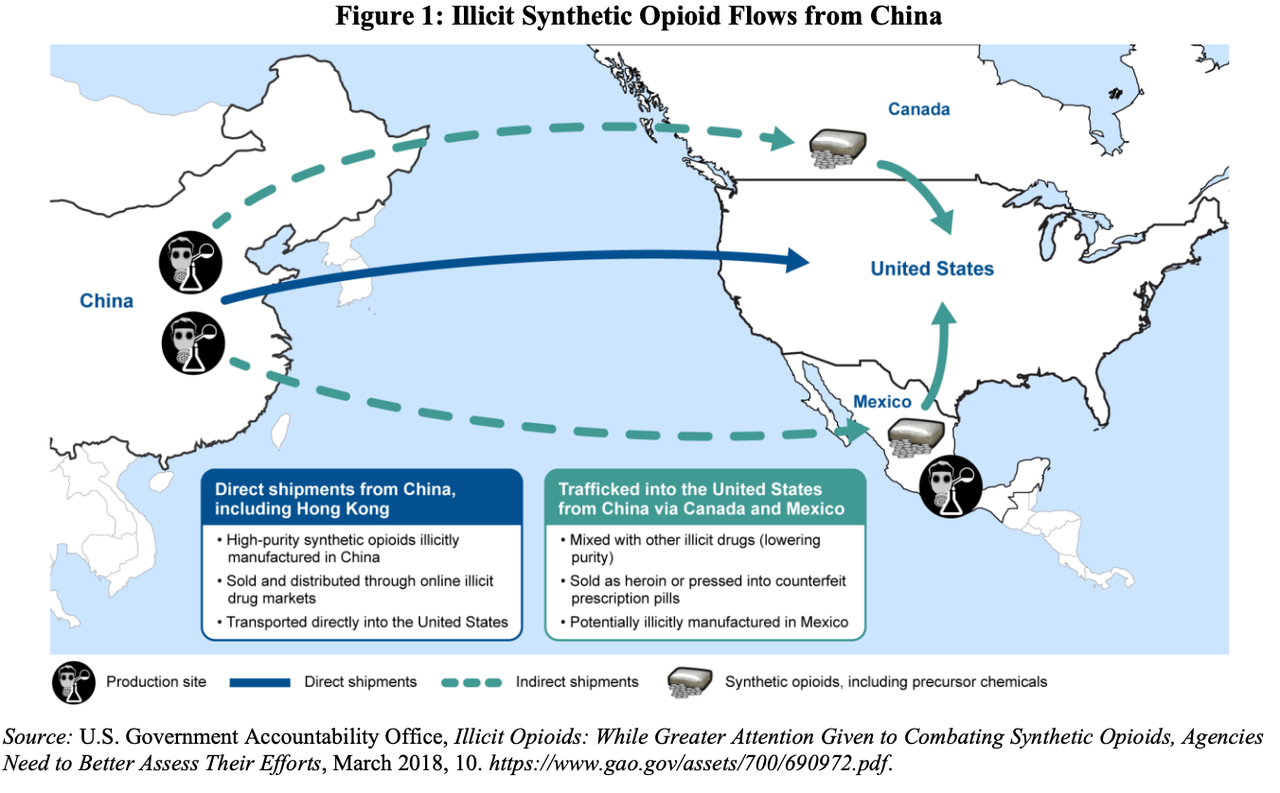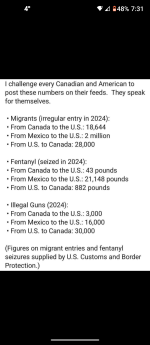Politics

Dan Mangan@_DanMangan
Key Points

Canada’s Prime Minister Justin Trudeau looks on during a press conference while responding to U.S. President Donald Trump’s orders to impose 25% tariffs on Canadian imports, in Ottawa, Ontario, Canada February 1, 2025.
Patrick Doyle | Reuters
President Donald Trump on Monday agreed to pause the implementation of planned tariffs on imports from Canada for at least 30 days, Canadian Prime Minister Justin Trudeau said.
The pause was announced in a tweet by Trudeau hours after Trump and Mexico’s president said Trump would pause for one month planned tariffs on imports from Mexico.
Trump on Saturday said he would impose 25% tariffs on goods from Mexico and Canada, and 10% tariffs on goods imported from China. Trump had also planned to impose a 10% tariff on energy resources from Canada.
Trudeau in his tweet said, “I just had a good call with President Trump,” and suggested that the pause on tariffs was in response to Canada’s agreement to target the flow of the deadly opioid fentanyl across the border into the United States.
Trump’s pause on tariffs on Mexican imports likewise came after Mexico President Claudia Sheinbaum said she would immediately send 10,000 soldiers to the U.S. border to prevent drug trafficking, fentanyl in particular, from Mexico.
Trudeau said Canada had made new commitments “to appoint a Fentanyl Czar,” among other measures.
“Proposed tariffs will be paused for at least 30 days while we work together,” Trudeau wrote.
Trump soon after followed up with a post on Truth Social.
“Canada has agreed to ensure we have a secure Northern Border, and to finally end the deadly scourge of drugs like Fentanyl that have been pouring into our Country, killing hundreds of thousands of Americans, while destroying their families and communities all across our Country.”
“I am very pleased with this initial outcome, and the Tariffs announced on Saturday will be paused for a 30 day period to see whether or not a final Economic deal with Canada can be structured,” Trump wrote. “FAIRNESS FOR ALL!”
This is breaking news. Please refresh for updates.
Trump pauses tariffs on Canada for at least 30 days, Trudeau says
Published Mon, Feb 3 20254:41 PM ESTUpdated 3 Min Ago
Dan Mangan@_DanMangan
Key Points
- President Donald Trump agreed to pause the implementation of planned tariffs on imports from Canada for at least 30 days, Canadian Prime Minister Justin Trudeau said.
- The pause was announced hours after Trump said he would pause tariffs on imports from Mexico for one month.
- Trump on Saturday said he would impose 25% tariffs on goods from Mexico and Canada, and 10% tariffs on goods imported from China.

Canada’s Prime Minister Justin Trudeau looks on during a press conference while responding to U.S. President Donald Trump’s orders to impose 25% tariffs on Canadian imports, in Ottawa, Ontario, Canada February 1, 2025.
Patrick Doyle | Reuters
President Donald Trump on Monday agreed to pause the implementation of planned tariffs on imports from Canada for at least 30 days, Canadian Prime Minister Justin Trudeau said.
The pause was announced in a tweet by Trudeau hours after Trump and Mexico’s president said Trump would pause for one month planned tariffs on imports from Mexico.
Trump on Saturday said he would impose 25% tariffs on goods from Mexico and Canada, and 10% tariffs on goods imported from China. Trump had also planned to impose a 10% tariff on energy resources from Canada.
Trudeau in his tweet said, “I just had a good call with President Trump,” and suggested that the pause on tariffs was in response to Canada’s agreement to target the flow of the deadly opioid fentanyl across the border into the United States.
Trump’s pause on tariffs on Mexican imports likewise came after Mexico President Claudia Sheinbaum said she would immediately send 10,000 soldiers to the U.S. border to prevent drug trafficking, fentanyl in particular, from Mexico.
Trudeau said Canada had made new commitments “to appoint a Fentanyl Czar,” among other measures.
“Proposed tariffs will be paused for at least 30 days while we work together,” Trudeau wrote.
Trump soon after followed up with a post on Truth Social.
“Canada has agreed to ensure we have a secure Northern Border, and to finally end the deadly scourge of drugs like Fentanyl that have been pouring into our Country, killing hundreds of thousands of Americans, while destroying their families and communities all across our Country.”
“I am very pleased with this initial outcome, and the Tariffs announced on Saturday will be paused for a 30 day period to see whether or not a final Economic deal with Canada can be structured,” Trump wrote. “FAIRNESS FOR ALL!”
This is breaking news. Please refresh for updates.




